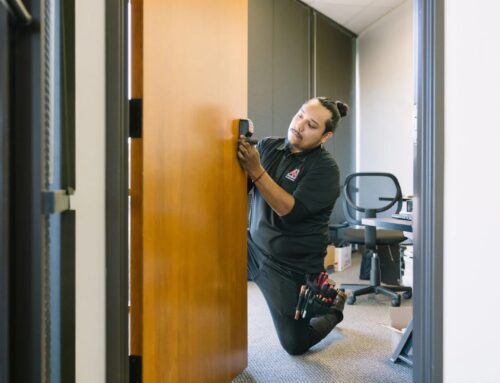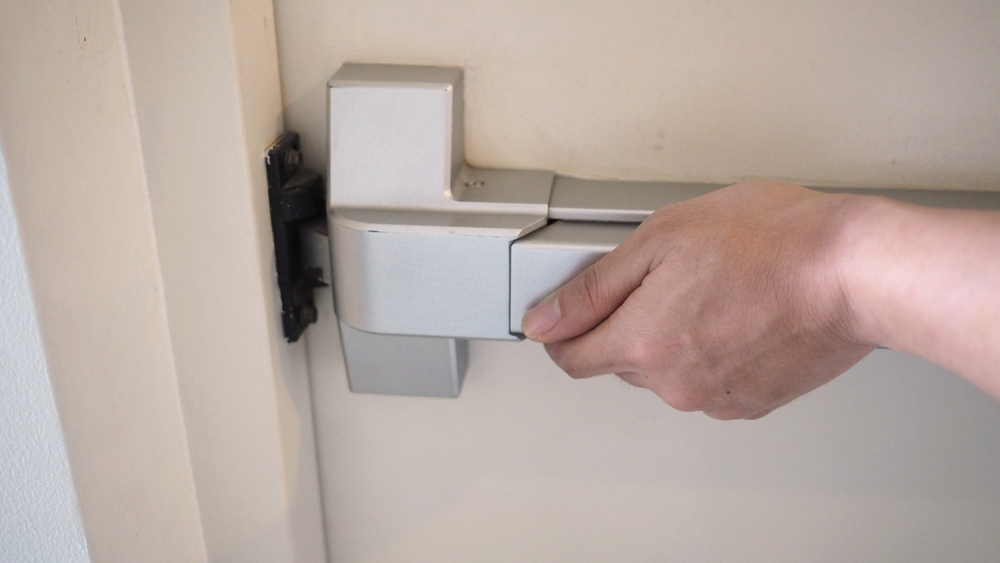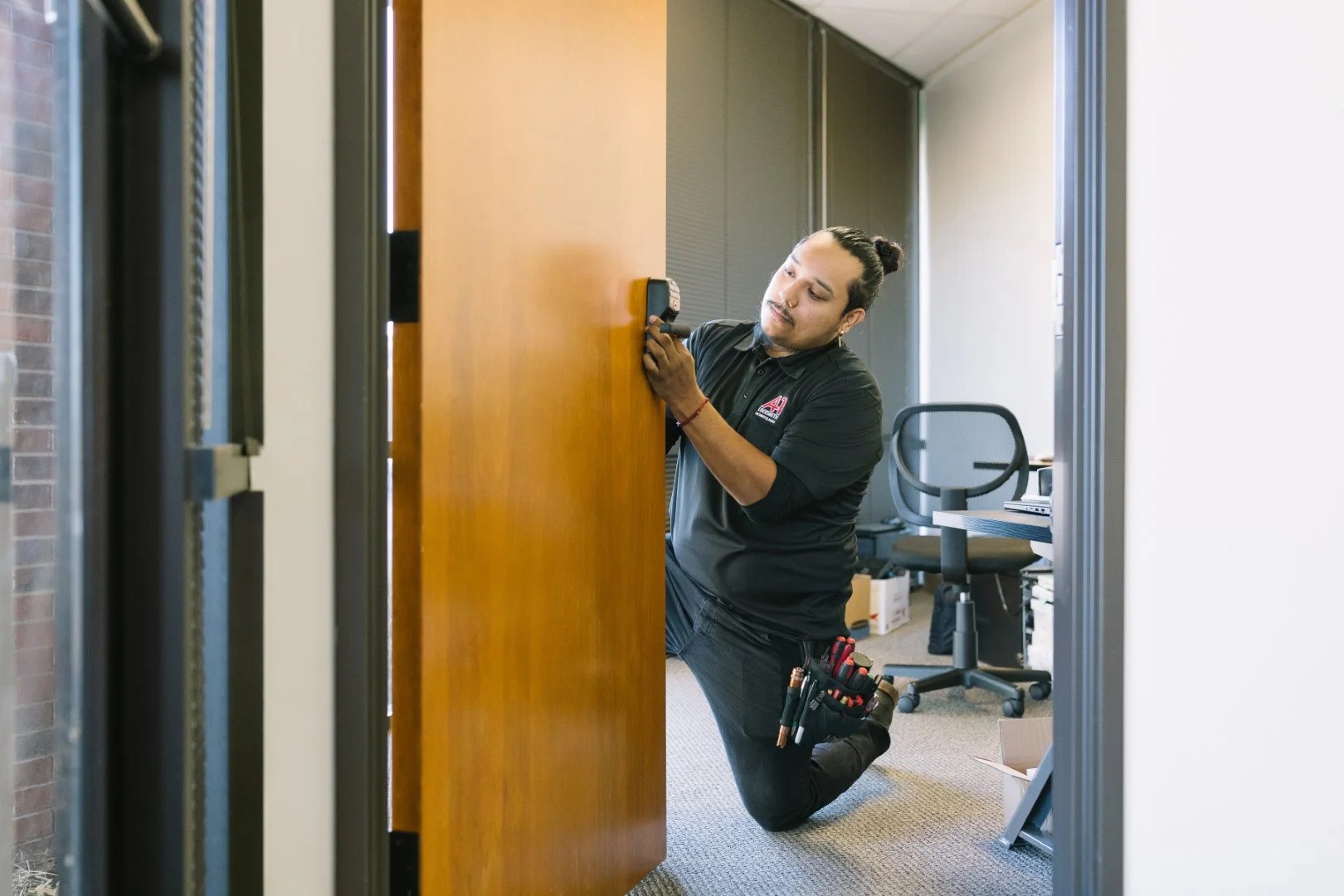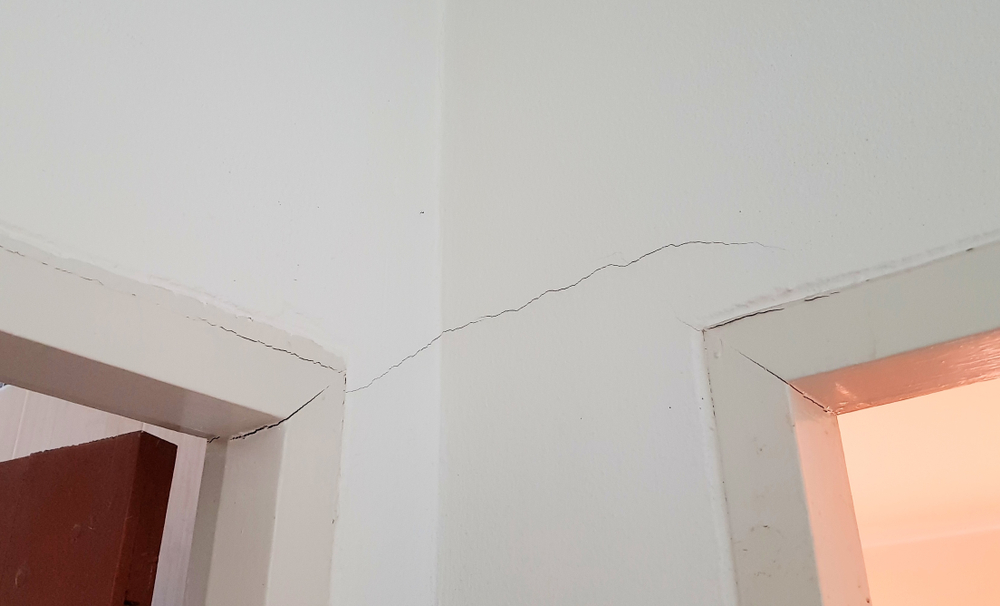How Locksmith scams work and what you can do to best avoid getting scammed.
Here is the scenario, you are locked out of your car and need locksmith help. You grab your phone or find a computer and hop on the Internet looking for help. You click a few links, find what looks to be a good locksmith to help you out. After calling they tell you they can help and you agree.
The next thing that happens is an unmarked vehicle pulls up at your location and they say they were “Sent by the Locksmith to help you out.” This is where you should hear the sound of a record needle scratching. Hopefully a giant red flag has popped into your mind. If you let this unidentified locksmith do the work you will have some severe sticker shock!
A story featured recently in the New York Times details the Locksmith Scam problem on Google. You can also read our previous post which covered the Google Locksmith Spam problem as well.
So how does it happen and why can’t Google and legit locksmiths stop it?
The Problem: Google & Locksmith Spam
Google allows anyone to quickly and easily create a business listing on their site for free. The problem in the locksmith industry is the spammers and scammers knew this and put up thousands upon thousands of fake listings per city.
This really became a problem recently as Google has tried to have their search become more local by combining their traditional search engine results with the results from their business listings found in their maps, putting the spammers at the top because they can easily hijack every listing.
Google’s answer to the problem has been to black listing the term “locksmith” in their quality guidelines for business listings. This prevents even legitimate locksmiths from creating a new business listing or verifying their current listing. Verifying the listing locks it so that no changes can be made to it.
What is happening now is since the scammers cannot create new accounts, they are simply changing the phone number information on existing high ranking Google Business listings to ring to their call centers. Since the local locksmiths cannot lock their accounts by verifying them there is no way for us to stop this from happening. There is also no avenue of support or assistance being provided by Google so we can only sit and watch as the scammers steal business and rip people off.
It is crazy to think that people can go to what used to be a legitimate business listing at Google, but because Google has removed the ability of the business owner to protect the content of the listing, the consumer ends up getting scammed and no one has any recourse. Google just throws their hands up and says not our fault, it is a free service after all and you don’t have to use it.
To be fair to Google their Places Team is small and the problem is not just isolated to the locksmith industry, it is just the one that has gotten the most attention lately. This type of scamming is running rampant in all major services industries and has expanding into Plumbing, Electrical, AC/Heating Repair, Television Repair, Real Estate and many more. The problem is so large and Google has so little resources allocated to solving it, that they simply can’t.
It is going to require more resources from Google to fix this, which means money out of Google’s pocket, something they don’t seem to keen on giving up. Meanwhile small businesses like A-1 are hoping stories like the one in the New York Times will force Google to take real action on these matters instead of hiding behind a virtual wall called their support forum.
So knowing all this how to you keep from getting ripped off?
Tips to avoid getting ripped off by locksmith scams
- Never call 800, 866 or 877 numbers. Most real local businesses do not use them and if they do they also list a local number on their site.
- Never call a number off a Google, Yelp or other business directory site.These sites all have security issues that allow scammers to easily manipulate information. Even legitimate business listings get “hijacked” and have information changed. Go to the locksmith’s website and call the number listed there.
- Always ask for the physical address of their shop and look it up online if you can. Most genuine locksmith companies have shops. If they say they are “remodeling”, “in between locations” or are a “mobile locksmith company” hang up the phone and call someone else.
- Ask and see if the business is locksmith is listed with the local Better Business Bureau. Scammers and Spammers alike will not have a listing with them because they firstly would not get approved and second would have too many complaints to stay in business. If the locksmith is not a member of the BBB this is not a deal breaker, but it should certainly give you some pause.
- Make sure the locksmith that comes out is driving a marked vehicle of some type and the technician is wearing a uniform that matches. Scammers used unmarked vehicles because they don’t want to be found after they rip you off. If they pull up in a unmarked vehicle tell them to go away. If they threaten to call the police for theft of service, call the police for them; they will leave.
- If they show up in a marked vehicle but you are still skeptical, ask the locksmith to show you their locksmith license. They are required by law to have one and should not be doing work without it. If they can’t or won’t show it to you call another locksmith.
- Lastly ask how much it is going to cost and what they need to do before they start working. Most scammers try to jump right into the work without explaining anything to you. They will then proceed to do unnecessary work or install hardware that was not requested, then hand you a bill that is 5 – 10 times what you were quoted.If the locksmith will not take the time to explain what they are going to do and how much it will cost, send them away and call another company. Once even the scammers have done work for you they can force you to pay by calling the police and claiming theft of service. A legitimate locksmith will explain the work before they do it and how much it will cost that way you never get taken for a ride.
Hopefully this will help you when choosing a locksmith or any business really.




















